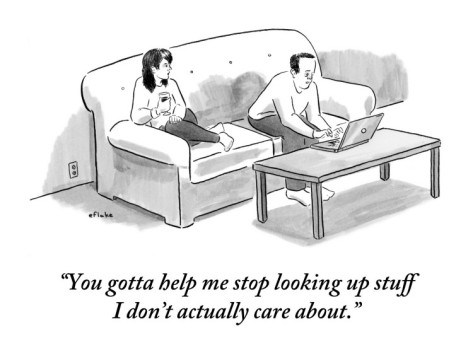Today, information flows fast. In recent years, this trend has only accelerated. The Internet serves as a perfect conduit for delivering information at an incredibly high velocity. News from all corners of the globe accumulates rapidly and is for the most part readily accessible. The sheer speeds at which information is captured and put to use can have a measurable impact on the course of events.
For example, most historians now agree that if it hadn’t taken so long for news of the British Parliament’s decision to loosen their demands on American shipping to cross the Atlantic, the War of 1812 may have never been necessary. During the final stages of that same conflict, a general named Andrew Jackson fought bravely at the Battle of New Orleans even though the terms of a peace treaty had already been sealed days earlier, a battle waged only because news failed to arrive on time.
In his TED Talk, Markham Nolan discusses this transformation of information delivery. Using an earthquake in Central America as an example, he notes how people now have the ability to respond in real-time to events happening across borders. “60 seconds was how long it took for the physical earthquake to travel, 30 seconds later news of that earthquake had traveled all around the world instantly. Everyone in the world, hypothetically, had the potential to know that an earthquake was happening,” Nolan states emphatically.
“By the time I’m finished talking here, there will be 864 more hours of video uploaded to YouTube than when I first started and 2.5 million more photos on Facebook and Instagram,” he points out.
At the same time, this massive amount of incoming data represents a challenge. While scarcity is no longer an issue, the overabundance of available information presents a different kind of problem. As Nolan suggests, “When you have that much information, you have to find the good stuff.” And sometimes that requires separating the signal from the noise, to borrow from Nate Silver.
In our rush to be the first to know (or, alternatively, the first to deliver) are we inadvertently sacrificing quality? Sure, information wants to be free. But should it not also be accurate, relevant, and carefully curated?
[ted id=1630]

